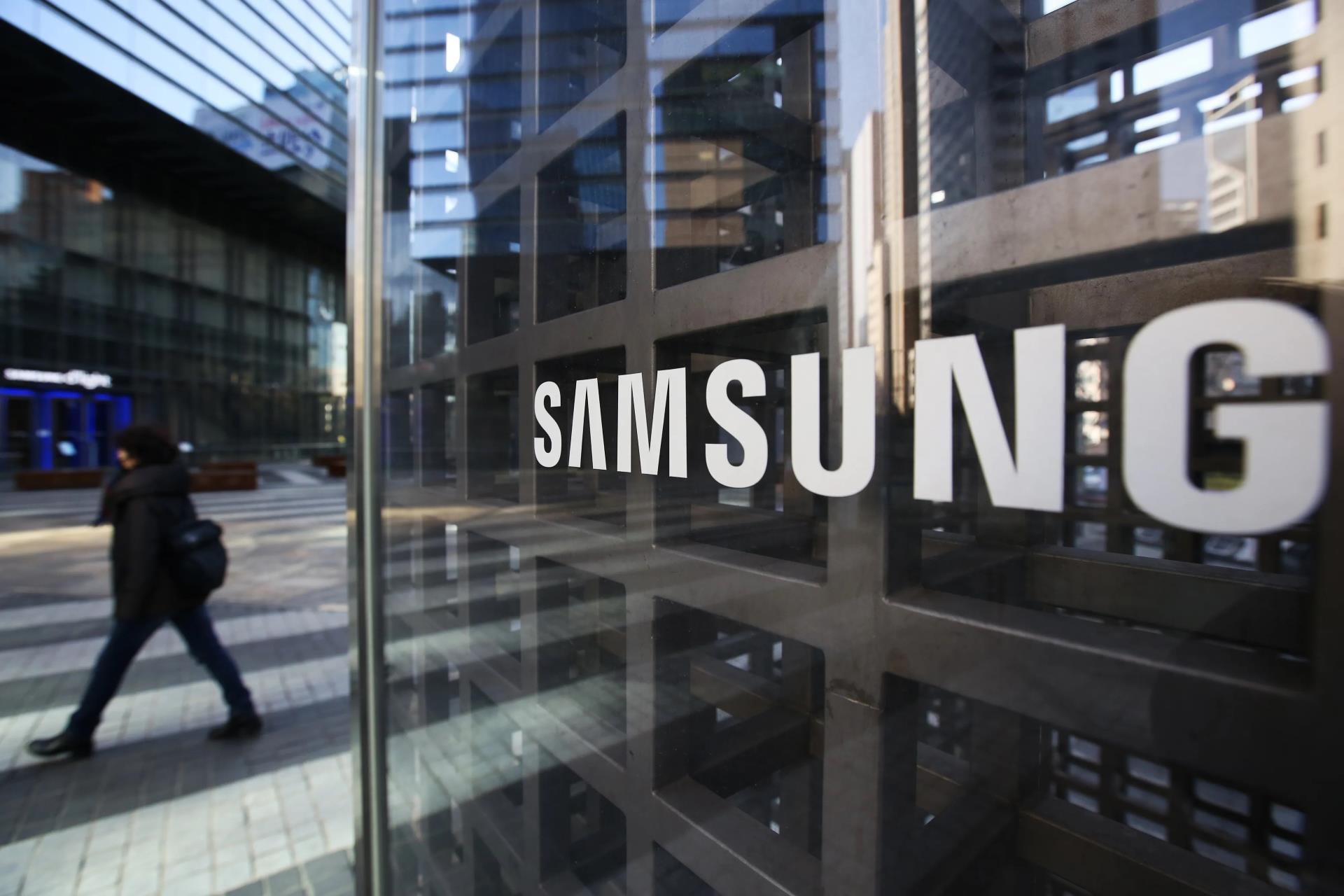Samsung is shifting gears in its semiconductor strategy, betting big on its 2nm GAA (Gate-All-Around) process to regain its footing in the foundry race against TSMC and Intel. 
The Korean tech giant has reportedly initiated a ‘selection and concentration’ strategy aimed at ramping up 2nm GAA yields to a viable 70% within just six months.
This aggressive push comes as Samsung delays its Taylor, Texas fab to 2026 and postpones its ambitious 1.4nm node rollout. The company is now laser-focused on perfecting 2nm production, which is expected to remain in use for at least the next two to three years due to high costs and risks associated with sub-2nm processes.
According to internal reports and leaks shared by @Jukanlosreve, Samsung’s Business Support Task Force and Global Research team have been working on aligning sectors to meet the 70% yield target-considered the threshold for sustainable mass production. Reaching this mark would make Samsung’s 2nm GAA not just viable, but also competitive enough to challenge TSMC’s dominance.
Samsung had a near win recently, with Qualcomm considering the company for Snapdragon 8 Gen 2 Elite chips. Unfortunately, the plans were scrapped after trial production, likely due to yield issues. Despite the setback, Samsung remains committed. The firm has completed the basic design for its second-gen 2nm process and plans to roll out ‘SF2P+’-its third iteration-within two years.
This comes at a critical juncture as Intel, its long-time rival, shows signs of maturity with its 7nm ‘Intel 7’ process powering Emerald Rapids chips and moving toward 18A. Intel is showing promising yield curves and strong margins in server markets. Meanwhile, Samsung’s roadmap seems to emulate a long-game approach similar to TSMC’s methodical yield evolution seen in its 4nm Ada and earlier 12nm Turing processes.
While Samsung still has a mountain to climb, this targeted focus might finally allow the company to claw its way back into serious competition with TSMC and Intel. Whether it works or not, the next six months could be pivotal in deciding the future balance of power in chip manufacturing.
1 comment
Just praying they don’t scrap the whole thing like they did with Qualcomm 🥲